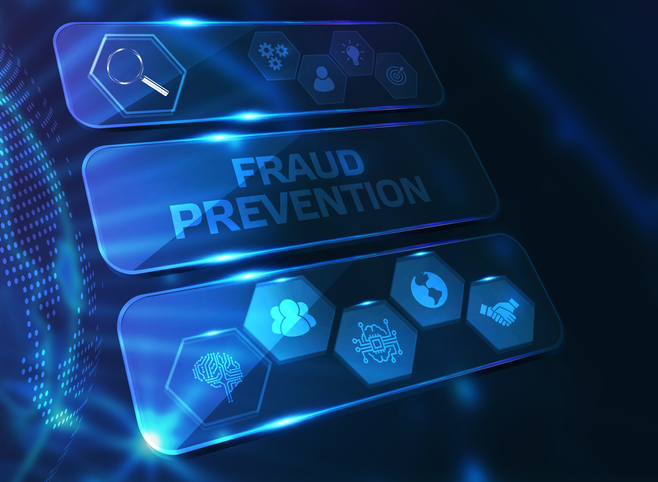Fraud/ol/ogy Podcast: Updates on 2023 Fraud Industry Predictions
The Fraud/ol/ogy Podcast, hosted by long-time online fraud expert Karisse Hendrick, dives into all areas of "Fraudology" from the perspective of a fraud-fighter. With guests ranging from former cybercriminals to fraud-fighters at Fortune 500 companies to law enforcement and others, you will no doubt be entertained, while learning a lot about fraud & other forms of abuse prevention!
In the July 11th episode, Ms. Hendrik welcomes Frank McKenna (author of the Frank On Fraud Blog and co-founder of Point Predictive) and Mary Ann Miller (VP of Customer Experience at Prove) to the podcast to update on predictions they'd made in 2022 for the new year now that we've reached the mid-point (yes, we are indeed already half-way through 2023).
To recap, here's a short summary of the predictions for 2023 made by the group:
- Check fraud will hit $24 billion or more and "push banks to the breaking point"
- Scam reimbursement will bring new pain and new investment in fraud controls
- High attack rates will cause some banks to turn off digital acquisition
- Massive coordinated cyber and fraud attacks will become "standard method"
- Merchant fraud losses will spike after new compelling evidence rules go into effect
- "Sim swaps," account takeovers, and refund fraud will rise
- Regulators will push for more identity regulations-bases SARS (Suspicious Activity Reports)
- Recession and inflation could push fraud-related default up as much as 50%
- Password-less authentication will finally become a reality
Check Fraud: So Far in 2023...
As it concerns check fraud, it has indeed doubled so far in 2023 -- or, as one member of the panel put it: "Check fraud has gone berserk."
In fact, at 16:07 you can hear panel member Frank McKenna express surprise that banks haven't invested more in defending against the "fraud wall."
"I'm also surprised, with the explosion in check fraud, that there hasn't been more investment in it -- like, I haven't heard of a lot of banks buying tools in that area."
This is indeed worrisome, particular with the rise of different and evolving technologies that are enable fraudsters to successfully coordinate fraud efforts.
McKenna notes that "pig butchering" groups -- long-term fraud that combines investment schemes, romance scams, and cryptocurrency fraud -- are creating "scam states" where there is so much money rolling in from these activities, including check fraud, that criminal groups are making more than they could in drug trafficking.

The online platform Telegram, the panelists go on to say, has embraced this opportunity by openly offering tools and engagement for the fraudsters, making "a criminal messaging platform in broad daylight." The ingredients and even training for check fraud are offered for sale and easily accessible -- amateurs can jump on the fraud wagon quickly and easily.
Investment In Check Fraud Technology
As Mr. McKenna noted, financial institutions need to take advantage of the technologies available to them in the same way fraudsters are taking advantage of technologies to execute their fraud schemes.
Financial institutions have a plethora of complementary technologies that have been proven effective. These include:
- Image Forensics AI: analyzation of the check images leveraging AI and machine learning for indicators of counterfeits, forgeries, and alterations.
- Behavioral Analytics: analyzation of transactions for anomalous activity.
- Data Analytics: analyzation of large groups of data to identify trends.
- Dark Web Monitoring: monitoring of dark web channels and social media channels -- including Telegram -- to locate check images, account holder information, and personal information being sold.

As we move into H2 of 2023, it's important for financial institutions to take advantage of available technologies to curb emerging trends in fraud -- particularly when it comes to checks. As more and more financial institutions deploy these technologies, fraudsters will be frustrated in their attempts, driving down fraud losses for financial institutions and their customers.